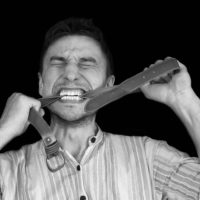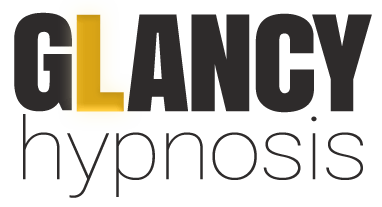Jaw Clenching Anxiety Medication

Jaw clenching also called bruxism, is a common condition that causes facial pain and excessive tooth wear. Typical treatments include night time splints to protect teeth and medications that attempt to reduce muscle inflammation or cause sedation in an attempt to limit muscle strength.
Bruxism can lead to severe headache and toothache so in case you cannot tolerate the pain you can seek emergency dental services near Adelaide.
Jaw clenching is one of leading cause of TMJ disorders because they cause excessive pressure on the jaw and can cause a change in the bite of the person. The ATM in these cases is considered to be caused by stress and not by physical problems.
When a person is stressed, they can unconsciously clench their jaws, and the patient has to take a series of concrete steps to control and eliminate the stress of their daily life. The most important thing is that the patient must also obtain a specially designed mouth guard that prevents him from grinding and pressing, and will help him break this habit.
Jaw clenching anxiety medication is not a proven practice for treating jaw clinging, and more research is needed to determine how effective the use of drugs can be. There are, however, some cases in which medications may be useful to treat that condition. One of the commonly used medications is muscle relaxant and botox. Usually, they are prescribed at bedtime to counteract the symptoms of this condition. However, muscle relaxants and even botox injections have been promising as a temporary antidote for teeth that grind their teeth when not caused by drugs. They are also useful as the additional treatment when medications cause a problem.
 Botox seems to be a very logical approach to the treatment of jaw clenching anxiety. Botox after the injection partially paralyzes the muscles. It can be injected directly into the most painful part of the tissue, weakening the more spastic part of the tissue of the very large rumen without affecting the ability to chew. Breaking the muscle contraction often only requires stopping the initial or focal contraction area, not the entire muscle. Even with partial relief of muscle tone, the pain is getting smaller and less tight.
Botox seems to be a very logical approach to the treatment of jaw clenching anxiety. Botox after the injection partially paralyzes the muscles. It can be injected directly into the most painful part of the tissue, weakening the more spastic part of the tissue of the very large rumen without affecting the ability to chew. Breaking the muscle contraction often only requires stopping the initial or focal contraction area, not the entire muscle. Even with partial relief of muscle tone, the pain is getting smaller and less tight.


